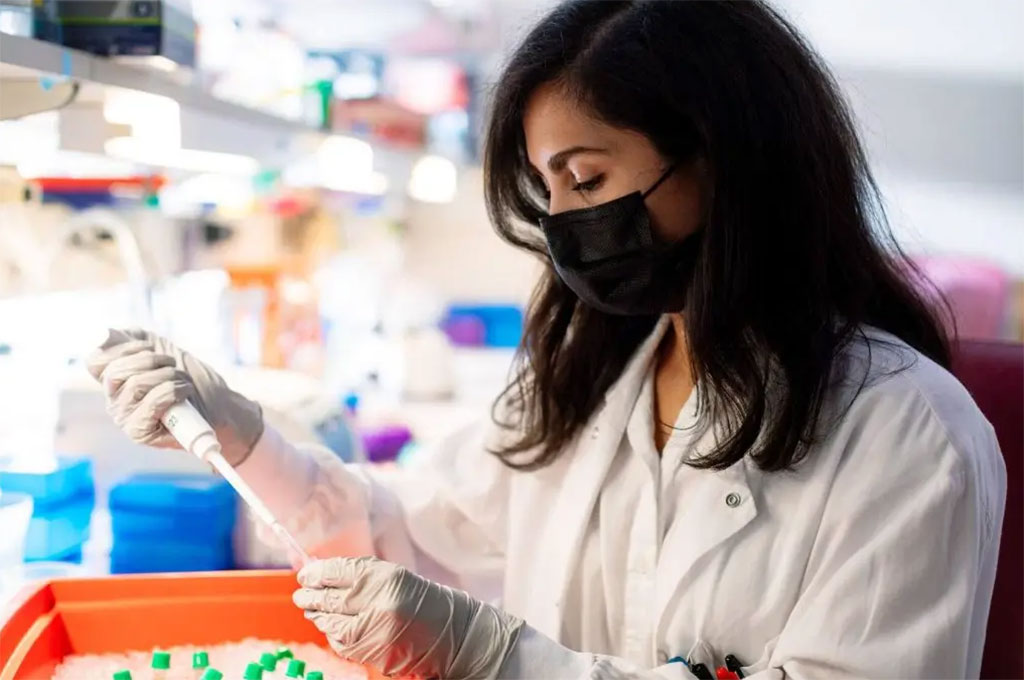New Antibody Test Diagnoses Multiple Sclerosis in 20 Minutes
Posted on 25 Mar 2022
Multiple sclerosis (MS) is a disease that affects the brain and spinal cord, and can lead to deterioration and permanent damage of the nerves. While its cause is unknown, the disease triggers the immune system to attack the protective coating on nerve fibers. This disrupts signals between the brain and spinal cord. Symptoms vary widely. These symptoms depend on the amount of nerve damage and which nerves are affected. Symptoms can be temporary or long-lasting. While no cure for MS has been found, treatments can speed recovery from attacks and manage symptoms. Researchers have now validated a new antibody test to diagnose MS that measures kappa immunoglobulin free light chains in cerebrospinal fluid.
The test developed by researchers at Mayo Clinic (Rochester, MN, USA) is labor-intensive and involves subjective visual interpretation. An antibody typically consists of two immunoglobulin heavy chains and two light chains. There are two types of light chains: kappa and lambda. The validated test measures kappa immunoglobulin free light chains in cerebrospinal fluid. The researchers conclude the test is a valid alternative to a commonly used test to detect oligoclonal bands in cerebrospinal fluid. Oligoclonal bands are proteins that indicate inflammation of the central nervous system.

The diagnostic test that detects oligoclonal bands in cerebrospinal fluid requires about four hours of analytical processing. This test is labor-intensive and involves subjective visual interpretation. The Mayo study validates a diagnostic value of 0.1 milligrams per deciliter to measure kappa free light chains. The study's results are comparable to diagnostic values from tests measuring oligoclonal bands. The study analyzed serum samples from a retrospective cohort of 702 Mayo patients to determine a diagnostic value for measurement of kappa free light chains. Samples from a prospective cohort of 657 Mayo patients were used to validate that value. Of the more than 1,300 patients, 12% were diagnosed with MS. The study estimates a significant cost savings for the new test. Better yet, results are available in about 20 minutes.
"Among the advantages of kappa measurement is that it's a much easier test to run in the laboratory," says Ruba Saadeh, a research fellow in neuroimmunology in Mayo Clinic's Department of Laboratory Medicine and Pathology, and the study's first author. "Our findings represent a cost savings as well as an automated alternative to the arsenal of tests used to diagnose multiple sclerosis."
"The laboratory technologist training can be standardized because of the automation involved in this process, and the subjective visual interpretation of bands and personnel involvement is substantially reduced," added Maria Alice Willrich, Ph.D., a Mayo Clinic pathologist and the study's senior author.
Related Links:
Mayo Clinic














